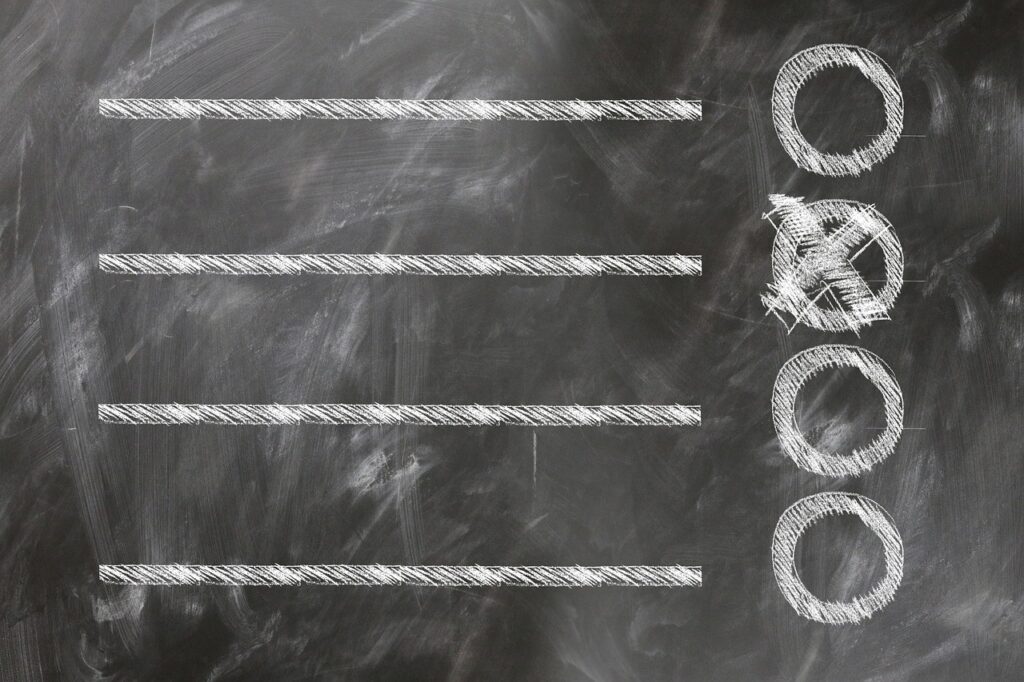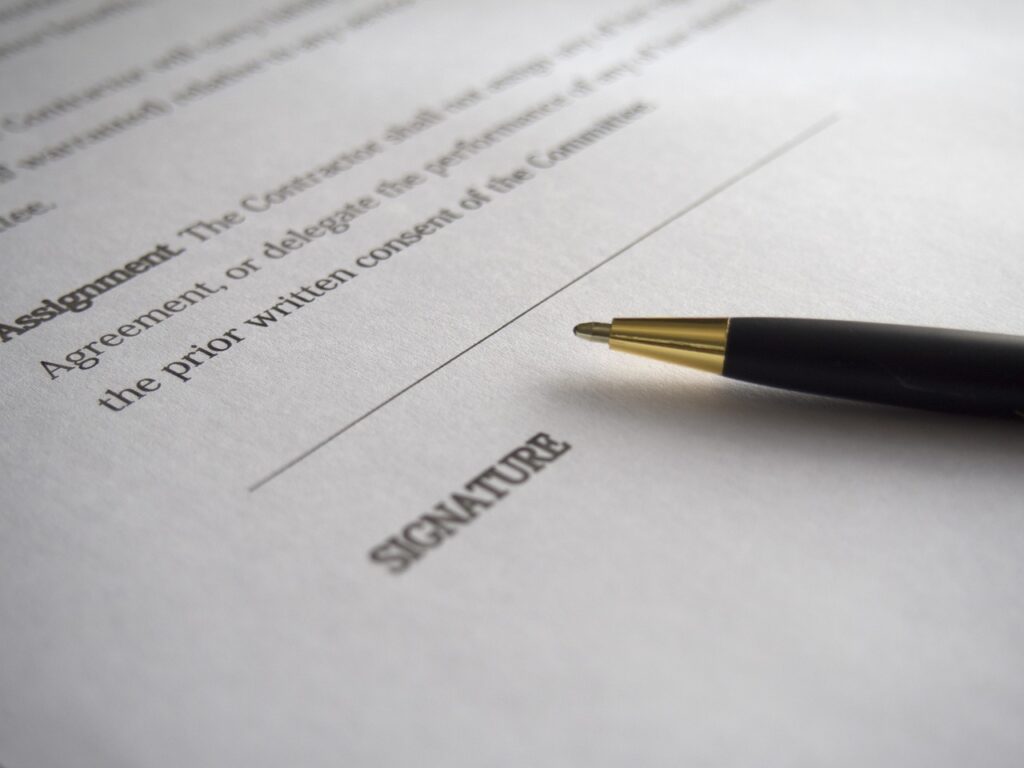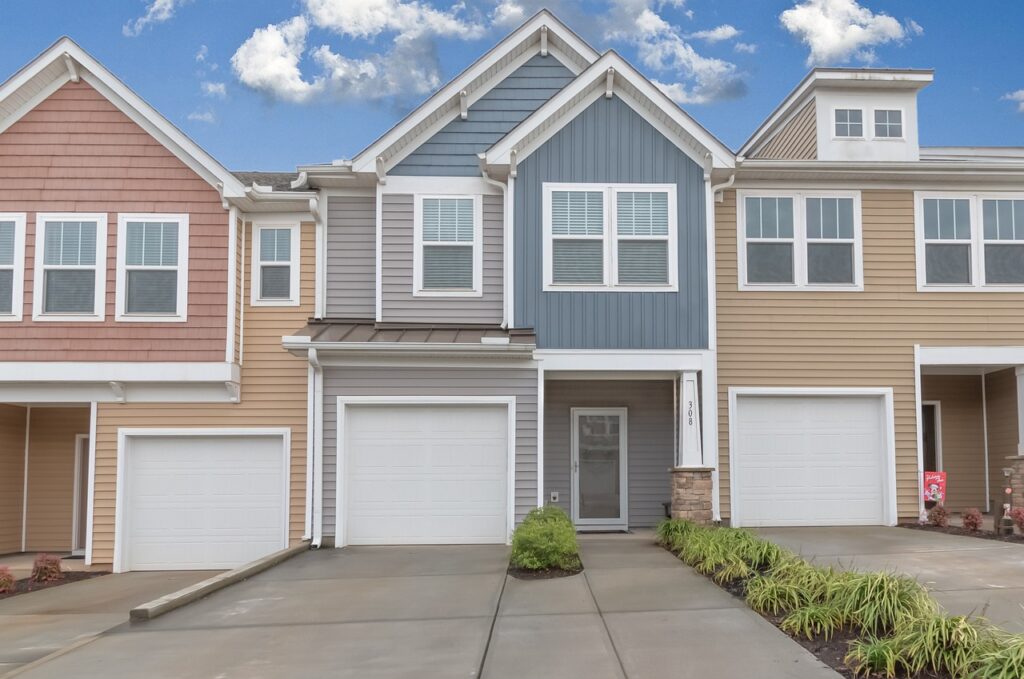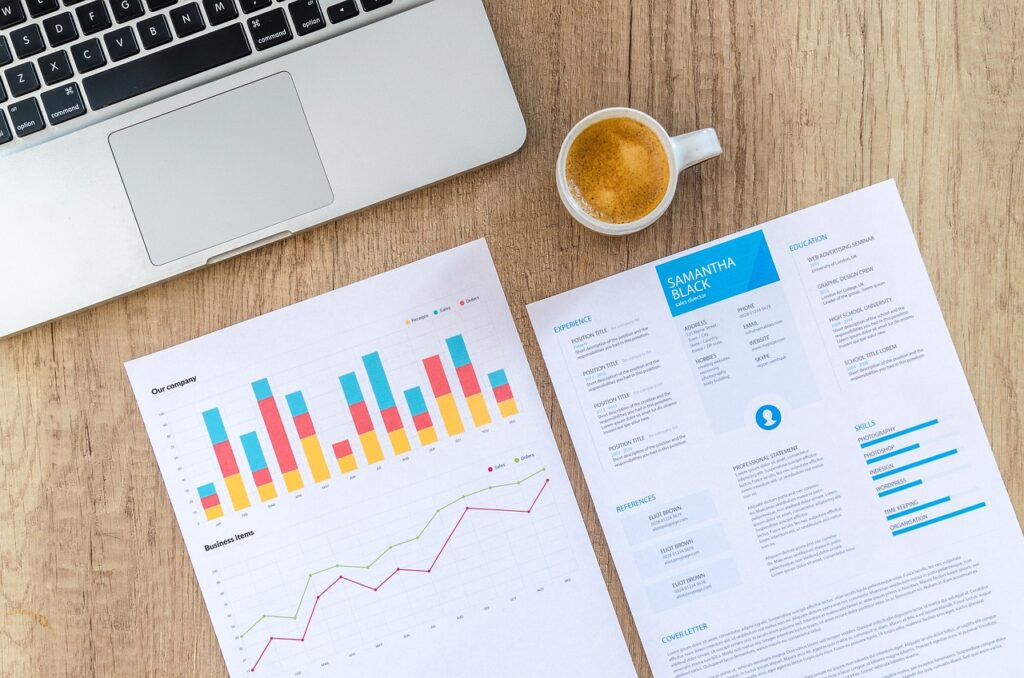When searching for your first property to rent, you should be diligent in the examination you do of the property. Whatever your budget may be, knowing what to look for while searching for a place can save you a huge headache. This includes avoiding water leaks, mold, electrical issues, bad landlords, etc.
Searching for an apartment can be a lot of fun. You can spend plenty of time imagining what you are going to make the place look like and thinking about how great it is going to be to live there. But searching for an apartment is much more than just considering all of the positives; in fact, in many ways, it’s about avoiding the negatives.
Because, while the positives are fun, the negatives can leave you in a living nightmare. In this blog post, first we are going to go over a few ways to search for apartments, then we will look at common problems found in apartments and ways to detect and avoid these problems.
How do I search for an apartment?
There are many ways to look for apartments in our modern world. Maybe your grandparents would tell you to check the paper, but there are plenty of other ways to do so these days. Here are a few common ways to go about your search:
- Facebook Marketplace: This is likely the most common way to go about your search. Facebook is the most popular social media platform in the world, and millions of people look to it for information all the time. Although all the posts may not be vetted, you will have a surplus of places to rent that may not be listed on more official listing platforms.
- Zillow: Being both an incredibly popular and well-organized site, Zillow is a great place to go apartment shopping. Zillow has plenty of unique tools to help you search for and locate rentals that fit your budget and criteria. These tools allow you to take actions such as: search area codes; pinpoint the exact location of the rental you are viewing; set a price range; search a specific home type; and specify how many beds and baths you are looking for.
- Trulia: With 1.3 million ratings in the Apple App Store and an overall rating of 5 stars, people love using Trulia for rental shopping. Trulia’s big advantage over their competitors is that, in addition to great filters and detailed information on rentals, Trulia has some of the most detailed research into neighborhoods across the country. This kind of market research can give you a vision of exactly what to expect from your neighborhood before you even visit the property.

Now that you can find an apartment, let’s go over our rental walk-through checklist.
- Check the water pressure. Bad water pressure could be the result of many things. The problem could be anywhere in the system, from a bad fixture to corroded pipes. It can be difficult to tell exactly what the cause of the problem is and what it could take to resolve it. Furthermore, the issue can be linked to other more serious issues, such as the potential of having unclean water from something like corroded pipes.
- Check for bugs. Bugs can be a huge problem. Obviously, you’ll be doing a baseline check for these bugs as you just walk around, but do an even more in-depth check. Check under sinks, in bathtubs, in the cabinets, on the seals of the windows, beneath the sinks, and pretty much anywhere in the home where there could be water.
- Check for washer and dryer connections. You might assume that all rentals come with these connections, but you would be assuming wrong. In many apartment complexes, you have to rent the most expensive apartment to get a place that has these connections. If you are okay with not having these connections (or if they are simply not there and you are out of options), at least search around the rental for a laundromat. Make sure it is a decent laundromat, as oftentimes these facilities can be both worn down and sketchy.
- Scout out the neighborhood. This one is kind of common sense. If you feel unsafe simply driving down the street, then, if your circumstances allow for it, please avoid staying there. Almost every issue on this list is solvable or manageable in one way or another, but you are not capable of fixing an entire neighborhood. If an extra $50–$100 is going to keep you from getting robbed, spend the money.
- Check out the parking. Do not assume you are getting any more than one parking space because that’s exactly what you will be getting in many places, despite the apartment. Simply ask about the parking situation, because you won’t know until you ask.

Now, let’s look at some paperwork.
- Ask about the trash. If you’re dealing with apartments, they probably already have a system in place as far as the trash goes. It’s typical for most people who live in apartments to take their own trash out to the community trash bin. If you’re looking at a rental property, they likely already have a contract with a local trash service. You will want to check with the landlord about who is responsible for paying for this trash service. If you are responsible, check to see if you are allowed to change the service at your discretion. You may find a better service at a better rate.
- Ask about the water bill. Check to see who is going to be in charge of paying the water bill. Different places do different things. If you are expected to pay it, check to see if you are allowed to change companies at your own discretion. Sometimes there may only be one provider that will cover your area, but this isn’t always the case. You may very well find that you could be using another water company that has cheaper rates and may even have a record of supplying cleaner water. So do your research.
- Exterminating Service: So, you checked for bugs. Well, you probably need some kind of exterminating service, whether you found bugs or not. If you had them (which should be a red flag if it looked like an infestation), then you need a lot of exterminating, and if not, then you need the service to keep it that way. Check with the owner to see if they pay for an exterminating service or expect you to do so. Also, inquire about the last time a service of this type was called to the property and about past rodent issues. Depending on the issue, it may be something that is likely, to some degree, to make a reappearance. All homes are susceptible to bugs and rodents, so do not think that you can avoid doing these checks just because you might be renting in a higher-priced neighborhood.
- Electrical expenses: This is a simple but super important detail. Who is paying the electricity bill? This is a pretty case-by-case scenario, so you had better ask. Also, if you are going to be responsible for the bill, check to see if you have the ability to change the provider should a better or more affordable deal arise through another provider.
- Landlord entry policy: Within your contract, there will be a policy about the landlord being able to enter your property. There are individual guidelines for this policy, varying from state to state. Usually, the landlord is required to deliver the tenant a notice of their entry within a certain time frame before the entry. So, make sure you read specifically what the policy is for your state and what is written in the contract. If the contract doesn’t follow state law, you can fight it. But that in itself should be a red flag.
- Moving out clause: Before you move out of your rental, you will have to give notice in advance. The timeframe in which this notice has to be given should and will be detailed in your contract.
- Length of the lease: Leases vary in length. Make sure to check the length of your lease and make sure the time frame makes sense for your scenario.
- Renter’s insurance: Check to see if you are required to get renter’s insurance. If not, then it’s a totally personal decision. In no way can I help you decide whether or not to obtain this insurance. Talk to an insurance agent, get your items of value appraised, and do a lot of considering.
- Deposit Money: When you sign your lease, you will likely be putting down some deposit money. You should have an opportunity to get this money back at the end of your lease, as long as you abide by the rules and regulations set out in the lease. However, these deposits are notoriously difficult to get back. What often happens is that you wind up losing this money over “damages” to the property. Because if it wasn’t documented to begin with, you are likely to be held liable for the damage upon moving out. This is why you should document in excruciating detail all of the damages you find upon moving into the rental. In fact, many renters will take photo proof of all damages found on the property from day one so that they can more easily fight off any allegations that they are responsible for these damages.
- Read the lease. Yes, read the lease. You are signing a contract for months of your life; you have every right and responsibility to know what both you and your landlord are legally obligating yourselves into. If not, you may really regret it in the near or distant future.
Conclusion
Take the time to do your inspection of the property and actually read over the paperwork. Doing your due diligence will in fact pay off in both the short and long haul in this scenario. Not only will you not wake up to mystery bugs, but you will also be less likely to deal with a bad landlord and bad financing!
If you enjoyed this article, Check out our other articles on housing and more! We write all kinds of articles about managing your finances as a young adult and how to get ahead at a young age. Thanks, and enjoy!


